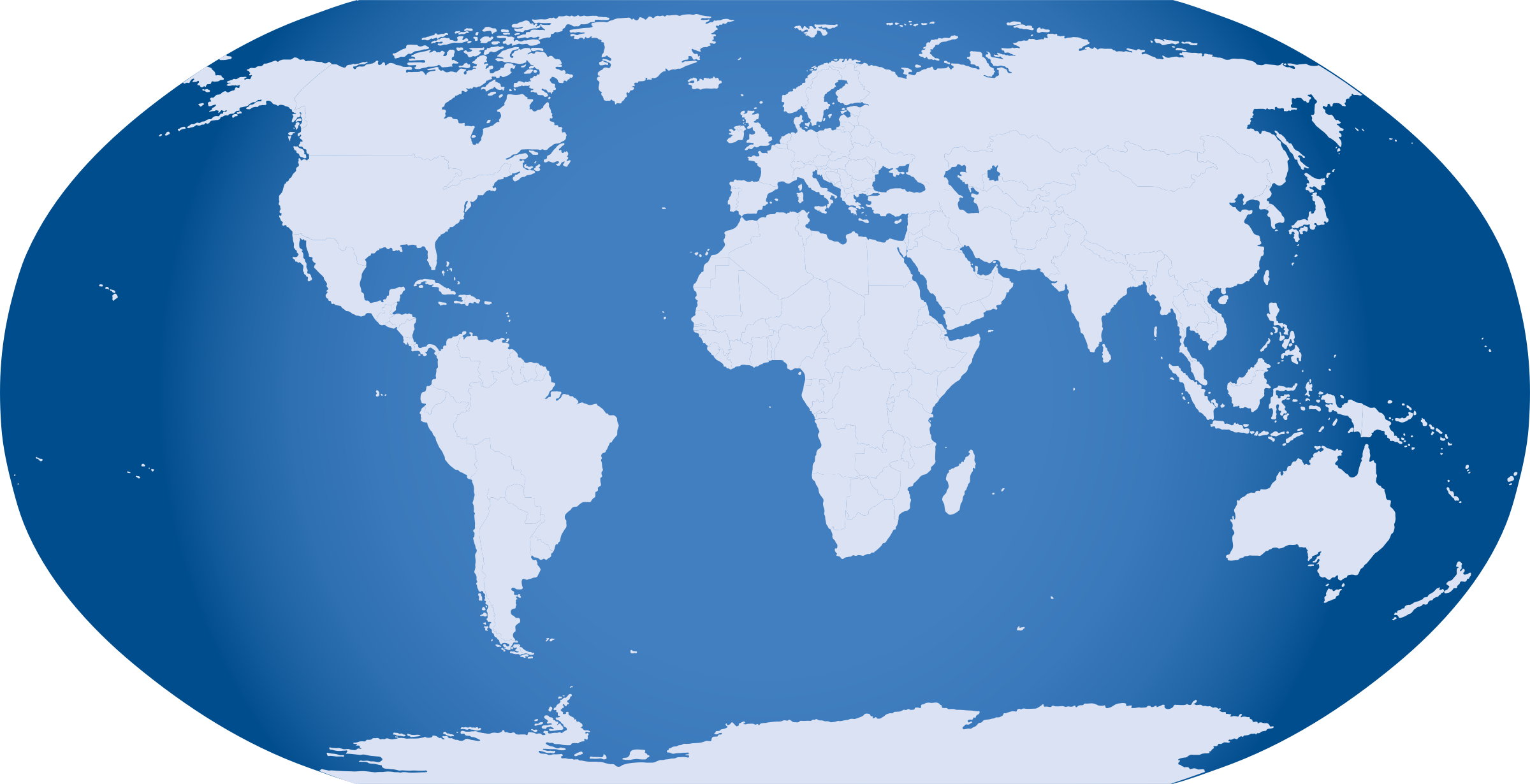The Bahá’í Faith, a global religion founded in the 19th century, emphasizes the harmony of science and religion, the oneness of humanity, and the importance of education. One of the distinctive attributes of the Bahá’í community is its dedication to interfaith dialogue and collaboration with other religious traditions, including Islam. As World Religion Day approaches—an observance that celebrates the diverse tapestry of world religions—there exists an opportune moment to reflect on the joint endeavors of Bahá’ís and Muslims, underscoring their shared commitment toward a more enlightened and harmonious world.
In the context of World Religion Day, it is paramount to recognize the intricate relationship between Bahá’í teachings and the core principles of Islam. Both faiths advocate for the unity of mankind and the necessity of fostering goodwill and cooperation among diverse communities. Within this framework, adherents of these two prominent religions pursue collaborative initiatives that not only transcend sectarian divides but also cultivate an atmosphere of mutual respect and understanding.
The concept of unity is deeply embedded in Bahá’í teachings. Abdu’l-Bahá, a prominent figure in the Bahá’í Faith, articulated that “the earth is but one country, and mankind its citizens.” This tenet resonates profoundly with Muslim values, which espouse the oneness of humanity as articulated in the Qur’an. The passages in the holy texts of both religions advocate for the eradication of prejudice and the embrace of diversity. This ideological synergy establishes a strong foundation for Bahá’í-Muslim collaborations aimed at addressing social issues, promoting peace, and advancing community welfare.
One of the primary areas where Bahá’ís and Muslims have united is in the promotion of social justice. The fight against poverty, discrimination, and inequality is a shared aspiration among both faith communities. When Bahá’ís and Muslims come together to support educational programs, they empower themselves and prioritizing the upliftment of marginalized groups. Various initiatives offer scholarships, mentorship, and capacity-building workshops that resonate well with both traditions’ pedagogical imperatives. This commitment to education is crucial as it underscores the transformative power of knowledge, shining a light on the importance of lifelong learning.
The promotion of interfaith dialogue is another significant arena where Bahá’ís and Muslims forge partnerships. Such dialogues often manifest through community events, forums, and workshops that aim to foster understanding among various religious traditions. Engaging in discourse surrounding theological principles, ethical imperatives, and social concerns allows for richer perspectives and a deeper appreciation of each other’s beliefs. These interactions illuminate the shared values and ethical obligations present in both religions, enabling adherents to move beyond mere tolerance into realms of genuine respect and admiration.
Furthermore, global crises such as climate change, immigration, and social injustice have sparked cooperative endeavors driven by both Bahá’í and Muslim principles of stewardship and service. These issues do not recognize religious boundaries; thus, collaborative responses are imperative. Working together, engaging in acts of service to alleviate the suffering of others, symbolizes not just a fulfillment of religious duties but also a testament to the collective will of both faith communities to safeguard future generations. Whether through joint environmental initiatives, humanitarian efforts, or community outreach programs, the partnerships formed are emblematic of a broader vision for a united world.
The spirit of World Religion Day serves not only as a commemoration of religious diversity but also as an impetus for Bahá’ís and Muslims to reaffirm their commitment to peace and collaboration. The observance presents opportunities for both communities to reflect on their missions and ascertain pathways for future cooperation. By organizing events that showcase the arts, music, and shared stories of both faiths, enjoyed by individuals from all walks of life, they embody the foundational tenet of mutual respect.
It is essential to note that the convergence of Bahá’í and Muslim efforts also aligns with some broader global movements aimed at fostering interreligious peacebuilding. Various interfaith organizations and movements advocate for understanding and reconciliation, which dovetail with the core beliefs held by both faith communities. Through initiatives like the Parliament of the World’s Religions or the Iranian Interfaith Dialogue, Bahá’ís and Muslims participate in dialogues oriented toward creating a more peaceful and equitable society.
In conclusion, as the world prepares to celebrate World Religion Day, there lies a unique opportunity for Bahá’ís and Muslims to reaffirm their commitments to interfaith collaboration and communal service. The teachings of both religions—rooted in principles of unity, justice, and compassion—form a cohesive framework for working together toward a better future. It is through the tapestry of diverse faith expressions that the essence of humanity is truly realized. Their collective response to today’s challenges stands as a reminder of the profound impact that unity can have in shaping a more harmonious world for all.
